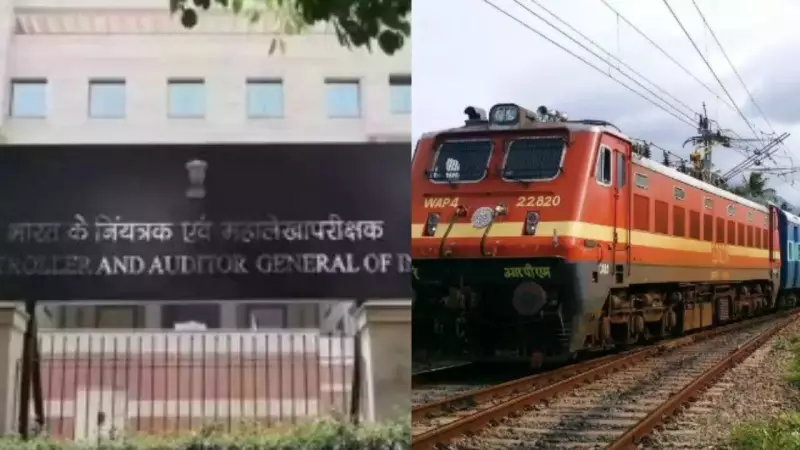
In a significant move that could reshape India's freight transportation landscape, the Comptroller and Auditor General (CAG) has initiated a comprehensive audit of Indian Railways' ambitious multi-modal cargo enhancement plan. This strategic intervention aims to optimize the national carrier's efforts to increase its share in the country's cargo transportation ecosystem.
Revolutionizing Freight Movement
The audit comes at a crucial juncture when Indian Railways is aggressively working to transform its cargo handling capabilities through integrated multi-modal solutions. The national transporter has been focusing on creating seamless connectivity between rail, road, and waterways to enhance efficiency and reduce logistics costs across the country.
Key Focus Areas of the Audit
The CAG's scrutiny will examine multiple critical aspects of the railway's cargo enhancement strategy:
- Implementation effectiveness of multi-modal integration projects
- Financial management and resource allocation for cargo infrastructure
- Operational efficiency and capacity utilization metrics
- Technology adoption and digital transformation initiatives
- Environmental impact and sustainability measures
Strategic Importance for Indian Economy
This audit holds tremendous significance for India's economic growth trajectory. With logistics costs currently accounting for a substantial portion of India's GDP, an efficient multi-modal transportation system could dramatically reduce these expenses, making Indian exports more competitive in global markets.
The railway's cargo enhancement plan is not just about moving goods more efficiently; it's about creating a robust infrastructure backbone that can support India's aspirations to become a $5 trillion economy. The CAG's findings are expected to provide valuable insights for policymakers and help streamline future investments in railway infrastructure.
Expected Outcomes and Impact
Industry experts anticipate that the audit recommendations could lead to:
- Improved operational transparency and accountability
- Enhanced public-private partnership frameworks
- Better integration of emerging technologies like AI and IoT
- Strengthened last-mile connectivity solutions
- Optimized tariff structures and pricing mechanisms
The timing of this audit is particularly relevant as Indian Railways continues to modernize its freight operations while competing with other modes of transportation. The findings are expected to shape the future direction of India's cargo transportation policy and infrastructure development.






